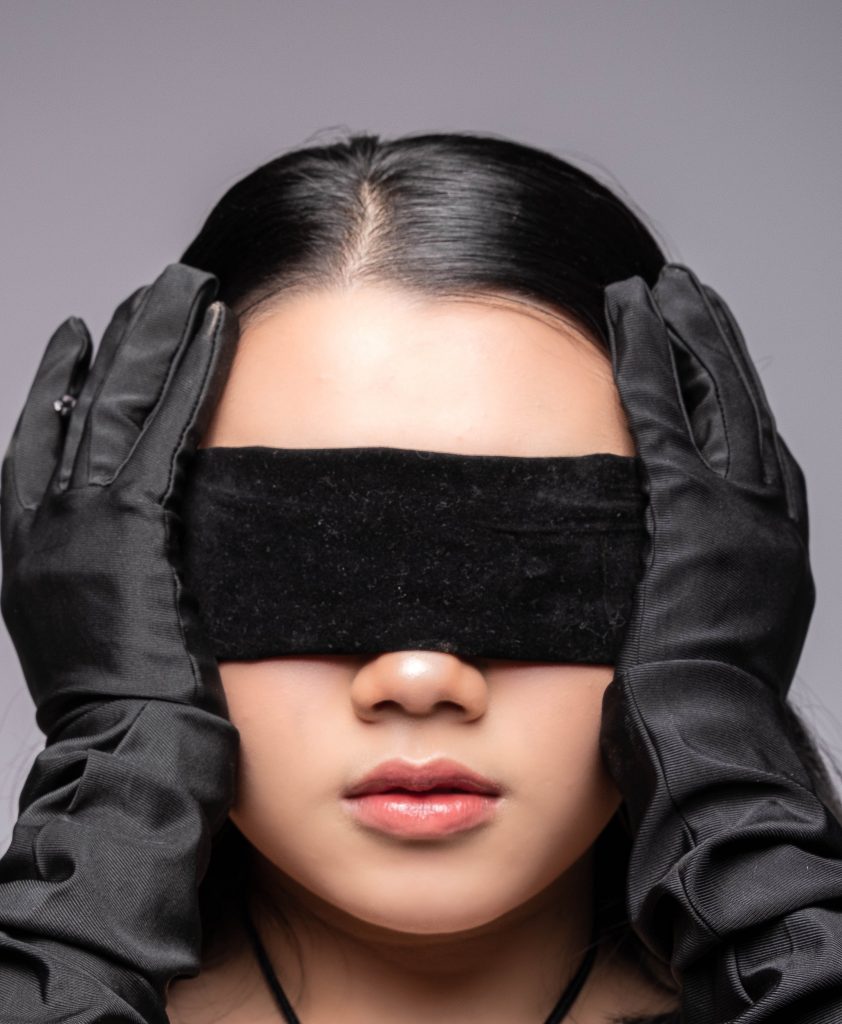
Have you become blind to the mistakes in your manuscript? Are you in that limbo of eternal editing without really getting anything done? Here are a few tips to break you out of that ongoing cycle.
Change Your Font, Color, and Text Size
Oftentimes, we become blind to the errors in our stories because we’ve seen this vast collections of sentences so many times that we mentally fill-in what a section should say, rather than actually looking at the words in front of you. One way to deal with this is to make your story harder to read. Changing things like the color of the page or the font will force your brain to focus on the words in front of you and snap you out of that editing reverie.
Listen to Mildly Distracting Music
This can be tricky, as you run the risk of becoming so distracted that you can’t work. But if you can find the right combination of volume level and genre, you can achieve the same kind of results as the previous tip without additional eye strain.
Read it Out Loud
This is an old tip, but it works. Reading your story out loud can help with the flow of the narrative and the believability of the dialogue, among other things. Be careful of reading the story too fast however, as you can run the risk of seeing one thing but saying something else out loud. An updated version of this tip could include having your story read to you by dictation software, which gives the added benefit of hearing your story told in someone else’s voice, even if that voice is an artificial one.
Read it Backwards
This method is best for when you’re trying to proofread your own work. If you read the story from back to front, it’s impossible to fall into the natural rhythm of the narrative, keeping you focused only on the words in front of you. I recommend taking it in paragraph-sized chunks, as anything smaller gets really tricky when going backwards.
Get Help
Whether it’s an editor, a beta reader, or just a friend looking over the manuscript, a second set of eyes may be your best way of dealing with your writer blindness. Just remember not to rely solely on someone else to find and fix all your mistakes. This is your story, after all, and you should have the final stamp of approval on every line of it.